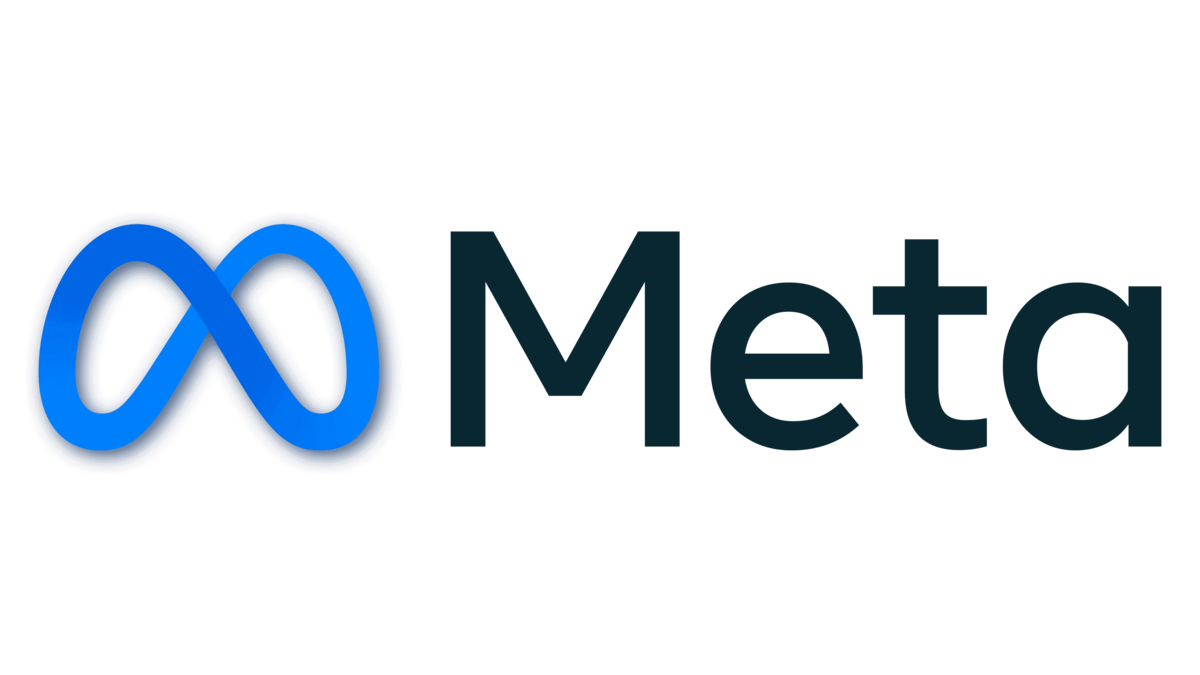- Home
- What we do
- Services
- Gen AI
GEN AI
Operationalizing Gen AI for tangible benefits
Revolutionizing Healthcare with Practical, Scalable AI
HIGHLIGHTS











Rajan Kohli writes on why generic AI struggles in healthcare and why domain-specific models are the future.
Read MoreNews

CitiusTech Knewron enables trusted healthcare AI with agentic workflows and optimized model routing
Read MorePress Release

Hear Rajan’s take on how Gen AI is reshaping workforce strategy, leadership, and transformation.
Listen NowPodcast

Sudhir Kesavan on how Gen AI and Agentic AI will enhance diagnostics, care delivery, and tackle data challenges in healthcare
Read MoreNews
GEN AI
Driving real outcomes with a pragmatic Gen AI strategy
Surpass the constraints imposed by conventional and AI-driven automation solutions. Achieve impactful, tangible results by adopting a pragmatic approach that employs Gen AI to address the right problems, avoiding misleading POCs and hype-filled demos. Collaborate with a team of consultants, architects, Gen AI experts, and engineers to build outcomes-driven and high ROI solutions - both on-prem and the cloud.
SOLUTIONS & ACCELERATORS
Unlock value at speed with Re-imaGen AI

Knowledge Graph
- Personalized care at low cost
- Multi-modal AI
- Innovate with core knowledge IPs

Virtual Agent
- Proactive patient engagement
- Personalized care
- Multimodal interface support

Agentic AI
- Real-time adaptation
- Autonomous decisions
- Real-world impact

Gen AI Tool for Accessibility
- Proactive identification and intelligent remediation
- Human-centered validation
- Flexible and scalable deployment models
- ~40% improved accessibility

Prior Auth Clinical Review Assist
- Faster decisions
- Greater accuracy & compliance
- Improved patient care

Smart Care Management
- Enhanced patient engagement
- Proactive & preventive care
- Efficient care management

Patient Safety Narrative
- Accelerated narrative generation
- Improved compliance & quality
- Enhanced productivity

Migration & Modernization
- Seamless legacy transformation
- Enhanced efficiency & resource optimization
- Improved code quality & resilience

Patient Services & Support
- Enhanced patient engagement
- Optimized call center efficiency
- Continuous improvement & compliance

Gen AI Agent Assist for Call Centers
- Enhanced agent efficiency
- Automated workflows
- Improved patient experience

Gen AI for QA
- Accelerated testing & market readiness
- Cost & effort optimization
- Enhanced accuracy & patient-centric focus
- ~15-20% increased efficiency

Gen AI Medical Ally
- Enhanced care team efficiency
- Optimized information access
- Improved patient experience
USE CASES
Inspiring new possibilities for the health ecosystem with Re-imaGen AI
Explore how healthcare Generative AI solutions and services can unlock value at speed by accelerating digital transformation programs at healthcare enterprises.
Regulatory document generation
Automation of app support managed services
RCM transformation
Legacy migration / modernization
Data engineering automation
Conversational analytics
Prior-auth exception review
Claims denial review
Engineering / data / analytics automation
Narratives & trial operations automation
AI validation & QA assurance
QA engineering automation
Patient charting summary creation
Integrating solutions for mobile apps
Post-discharge follow-up
Health risk assessments
Chronic disease management
New member onboarding
CITIUSTECH.AI
Hello Intelligent Healthcare
Build the AI-native enterprise engineered for healthcare complexity and designed for real-world impact.

WHY CITIUSTECH
Empowering Healthcare with Gen AI expertise
Azure Gen AI Immersion
Partner in Healthcare
%
Gen AI-certified
employee
+
Client workshops
& sessions
+
Certified in client
delivery teams
Industry & tech
solutions with CSPs
+
Gen AI-powered
engagements
+
Use cases
and scenarios
%
Net productivity
on Modernization

SUCCESS STORIES
Solving some of the greatest challenges in Healthcare

Case Study
Enhanced Radiology Workflow Efficiency
Implemented Gen AI algorithms for real-time transcription and intelligent report suggestions, significantly reducing errors and radiologist fatigue. Designed an intuitive interface, integrated AI models, and established time savings, enhancing productivity and minimizing rework across practices.

Case Study
Deployed Gen AI-powered smart routing
Implemented Gen AI-enabled speech recognition solutions for smart routing and intent summarization, enhancing a major healthcare payor's contact center. This solution captured caller intent and efficiently routed calls, leading to empathetic, clear, and concise communication.

Case Study

Case Study

Case Study






.png?width=1920&height=1080&name=Consulting2_Menu_1%20(1).png)






























.png?width=400&height=400&name=SHPodcast_4%20(1).png)